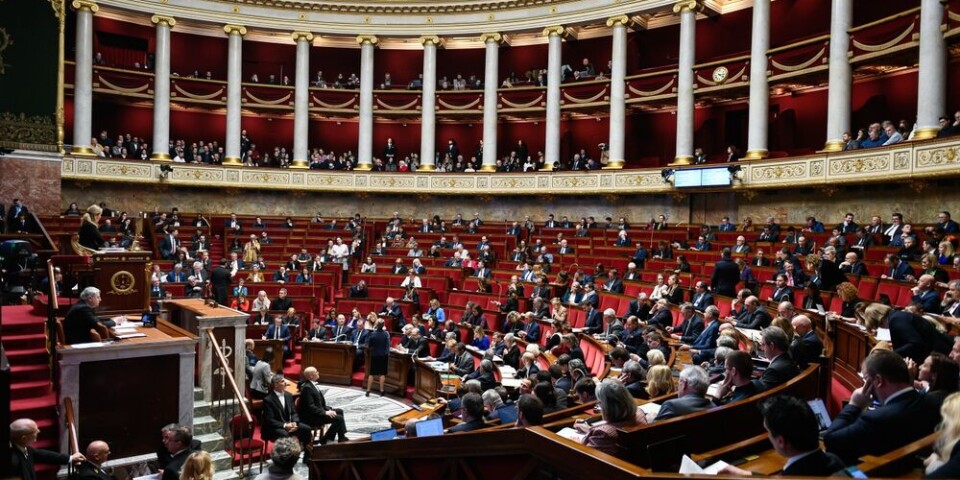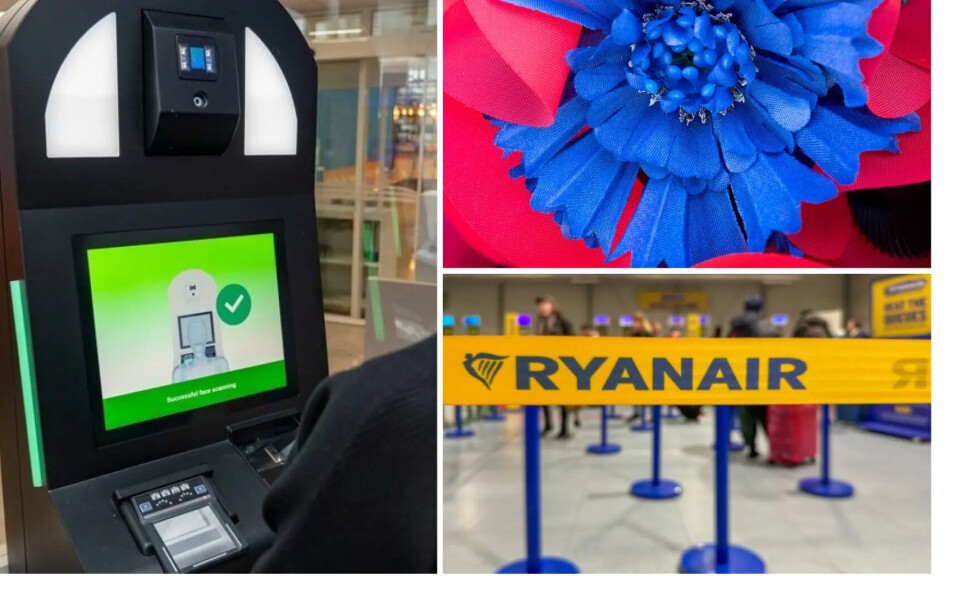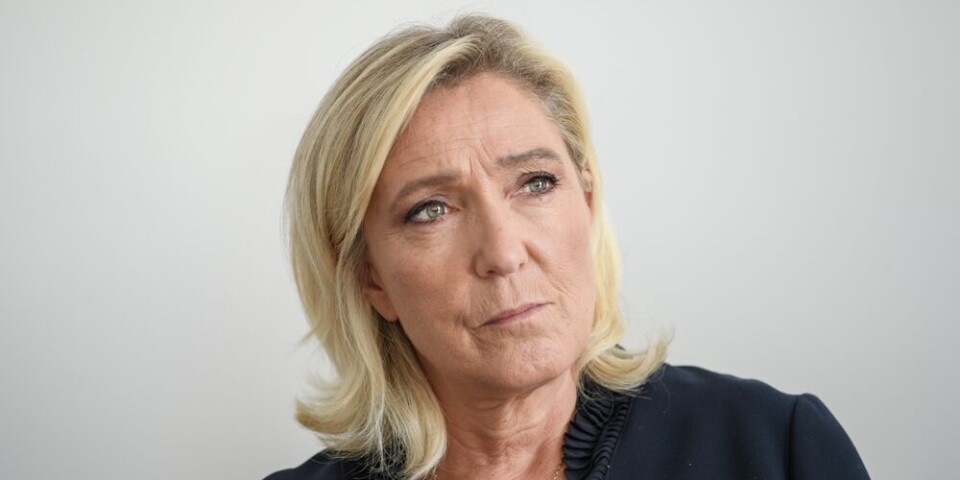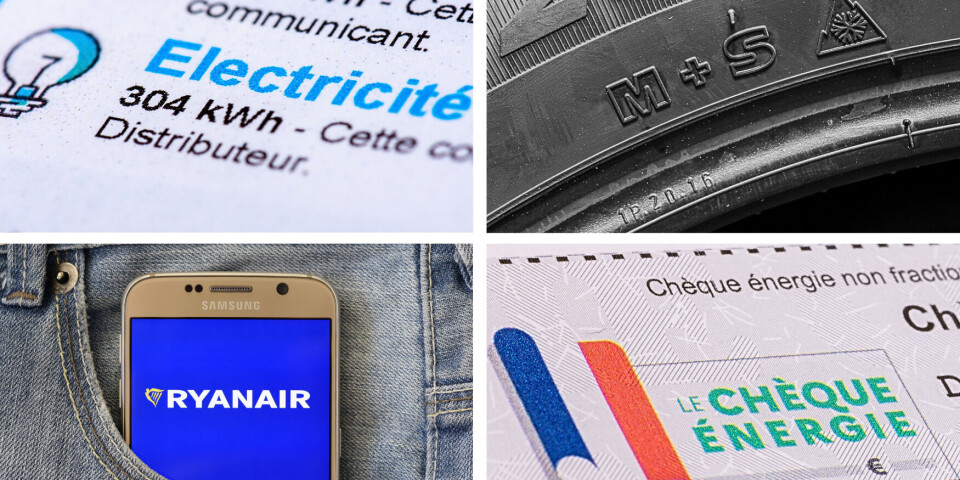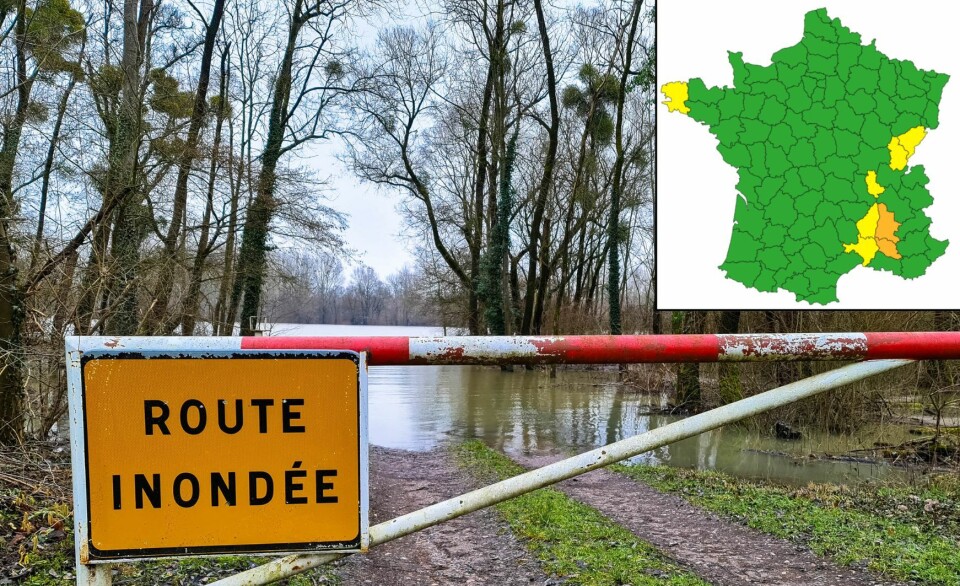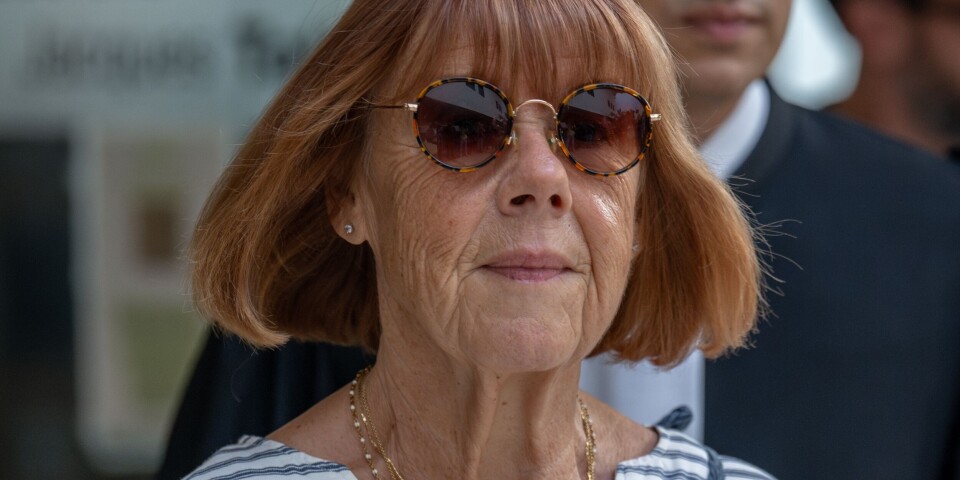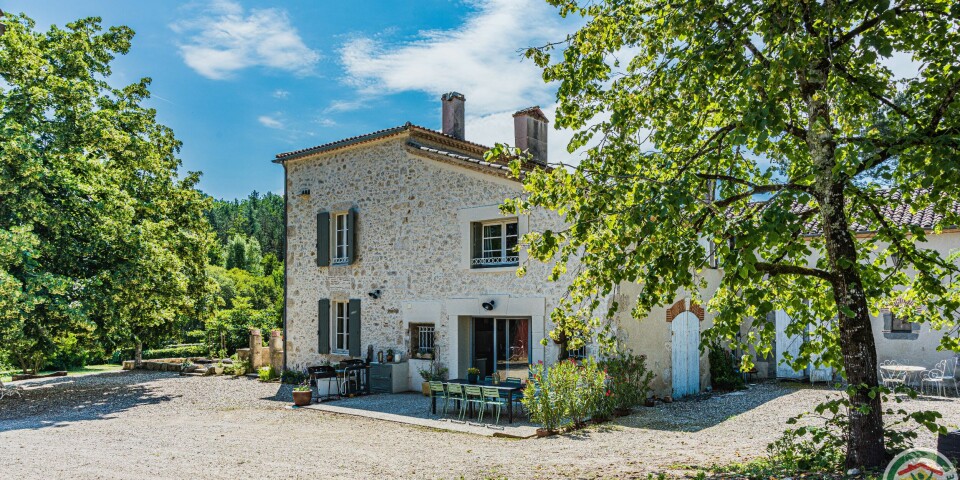Electric cars, solar panels, bank payments: six changes for residents in France in October 2025
Some benefits are also increasing
Changes will be spread across the month
Tsirikashvili Nodari / Valeriana002 / New Africa / Olivier Le Moal / Shutterstock
Several changes are set to take place in France this October, following a busy September.
Changes at the end of September include the re-opening of the MaPrimeRénov’ home improvement grants and social leasing (electric vehicle renting) schemes (September 30), as well as a new funding scheme for fibre optic installation (September 29).
It is also worth noting that the deadline for taxe foncière (property-owners’ tax) falls on October 15 or 20, depending on how you choose to pay, unless you have monthly direct debit payments set up.
Below, we cover the new changes from October onwards.
New €1,000 electric vehicle purchase bonus open to all
Drivers purchasing certain electric vehicles can benefit from an additional €1,000 bonus from October 1.
Vehicles that use an electric battery manufactured in Europe are eligible for the bonus. It is not means-tested and is available to all.
It can also be combined with the wider bonus écologique scheme, with modest income households able to benefit from up to €5,200 off the price of a new electric car when the new €1,000 bonus is included.
However, the official list of eligible vehicles for the additional bonus has come under criticism for including out-of-date models that are no longer produced as well as some vehicles that do not benefit from the wider bonus écologique scheme.
Extra bank payment security
Changes to bank payments mean that when making a wire transfer from October 9, 2025, financial institutions will check that the name you enter matches the IBAN.
If the name is incorrect or includes a major spelling mistake, the bank will send you an alert notification and ask whether you definitely wish to complete the transfer
This ‘Verification of Payee’ (VoP) aims to reduce fraud – particularly identity fraud – and errors in instances where someone sends a payment to the wrong person.
It will also ensure future payments are set up correctly,from the first time.
It may mean that some long-standing payments are cancelled due to a mismatch of information, so you should keep an eye on all regular outstanding transfers this month to ensure they go through.
VAT drop for solar panels
The VAT on solar panel delivery and installation will drop to 5.5% on October 1 for private homes, the second part of plans to reshuffle aid in the sector.
It comes after other schemes to reduce the cost of installing panels were reduced earlier in the year.
It will apply to photovoltaic panels installed at homes (not commercial businesses) and that fall within certain power thresholds and safety criteria, such as having a power less than or equal to 9 kWc.
Panels that do not fall within the criteria will continue to face a VAT of 20%.
The full list of eligibility requirements can be found in both English and French on the Service Public website.
Energy efficiency score changes
New rules for the energy efficiency score (diagnostic de performance énergétique, DPE) to reduce fraud are coming into force.
The number of assessments each inspector can make will be limited to 1,000 per year (across a rolling period).
In addition, each inspector will have their own QR code that they must be able to show property owners.
There are no changes in how properties are to be measured, although changes scheduled for 2026 will improve ratings of many properties heated by electricity.
Housing benefits increase
Housing benefits (aides personnalisées au logement, APL) will undergo their annual increase.
Payments will rise by 1.04%, tied to recent inflation, significantly lower than the 3.26% in October 2024.
Recipients should automatically receive the new amount without having to do anything, but are encouraged to compare bills to ensure the increase has taken place.
Eco-label for clothing
Clothes manufacturers will have the option to include an ‘eco-label’ showing the sustainability of garments and their ‘environmental cost’. The label is not mandatory, but may be used as a way to promote sustainable ranges.









